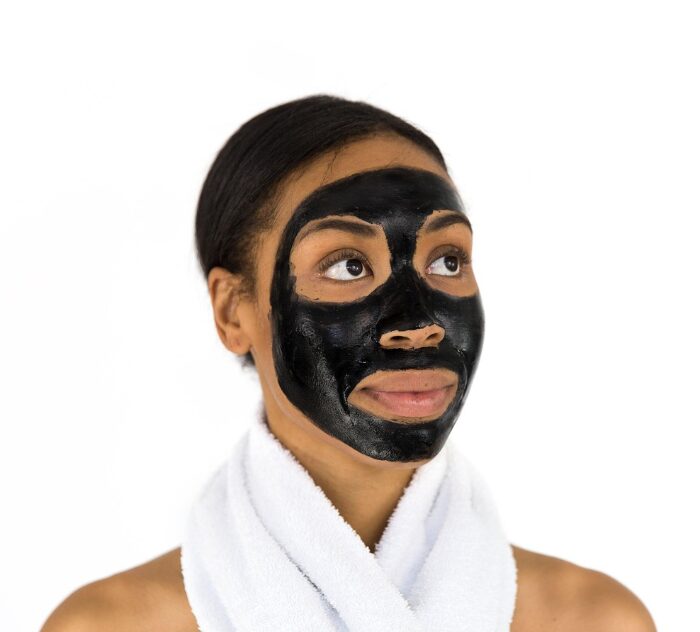Your cart is currently empty!
This May, we will participate in Mental Health Awareness Month. This will be our time to reflect on the importance of our mental well-being, especially for those of us who care for others. Caregiving is sacred and essential work, but too often, it comes at the expense of our own wellness. The truth is simple: we cannot pour from an empty cup. So, if we neglect our mental health, we risk losing the emotional strength and energy needed to care for others.
Here are a few grounding reminders to help you nurture your relationship with your caregiving role, your community, and—most importantly—yourself.
“You’re more than just a caregiver. Yes, your role is powerful—but it’s not all of who you are. You’re a whole person, worthy of joy, rest, and care too. Don’t forget: your needs matter, your peace matters, and you deserve the same love you pour into everyone else.” ~TY aka “Mama Big Bird”
RELATIONSHIP WITH YOUR ROLE
Also, you are not “just” a caregiver. The caregiving role you do is important, but it doesn’t define your whole being. Affirm this today: “I am a whole person, worthy of joy, care, and peace outside of my responsibilities.”
Mental wellness isn’t just about becoming a “better” caregiver. It’s about becoming your healthiest self. Therefore, don’t be ashamed to prioritize your own needs. You are not a machine. Even five minutes a day to breathe deeply or enjoy something just for you can reconnect you to who you are beyond your role. So, maintain your hobbies. Connect with friends. Set boundaries. Your identity deserves space.


RELATIONSHIP WITH COMMUNITY
Plus, you don’t have to carry it all alone. And honestly, you shouldn’t.
When your energy is low or your emotional reserves feel depleted, your community can hold you up. Furthermore, community is power. As we often emphasize, seek out people who uplift you, not deplete you. Vulnerability can be healing when it’s met with compassion. And other caregivers have walked similar paths and can offer empathy, tips, or simply a listening ear.
Seeds 2 Nurture is just one of many spaces where caregivers can gather to share their stories, lighten the emotional load, and support one another’s unique journeys. Your story matters. When you share it, you don’t just heal—you help others heal, too.
RELATIONSHIP WITH SELF
Your well-being is the foundation of your caregiving. Mental health touches every part of your life—your body, emotions, relationships, and spirit. Pay attention to how stress shows up for you. Does it manifest as tension? Irritability? Fatigue?
Recognizing those signs allows you to respond with grace rather than guilt. Take time to reflect. What’s really going on beneath the surface? With this awareness, you can start creating healthier ways to respond to stress.
CREATING YOUR QUALITY OF LIFE
Resilience isn’t just something you tap into during a crisis—it’s something you build over time through daily habits and loving support.
Try to weave in:
- Physical wellness: Movement, nourishing food, deep rest, and relaxation practices.
- Mental and emotional care: Therapy, journaling, and intentional joy.
- Spiritual grounding: Faith, nature, prayer, or meditation.
- Support systems: Accept help—practical, emotional, and internal. You don’t have to earn rest or worthiness.
The National Institute of Mental Health reminds us that:
“When you allow yourself to notice your feelings without judging them as good or bad, you dial down the stress and feel more in control. When you feel less stressed, you’re better able to thoughtfully choose how to act.”
This simple but powerful practice can shift how you navigate your emotions and caregiving role.
Final Thoughts: You Deserve Wellness 2!
Caregiving is deeply meaningful, but it doesn’t have to come at the cost of your own well-being. Throughout this month—and every month—remember:
- Your identity is more than your role.
- Your community can help hold what you don’t have to carry alone.
- Your mind, body, and spirit deserve intentional care.
- Your quality of life matters—not just in survival, but in joy, peace, and purpose.
Ask yourself: What would it look like to care for myself the way I care for others?
You are not alone. You are not invisible. You are not selfish for needing rest, joy, or boundaries. You are worthy of the same love and care you give so freely.
And always remember—you’re not just giving care, you’re growing too.
~Elizabeth Leck, Intern Contributor with editorial guidance from TY Marian
Reference(s):
National Institute of Mental Health. (n.d.). Caring for your mental health. U.S. Department of Health and Human Services, National Institutes of Health. Retrieved May 7, 2025, from https://www.nimh.nih.gov/health/topics/caring-for-your-mental-health


Leave a Reply